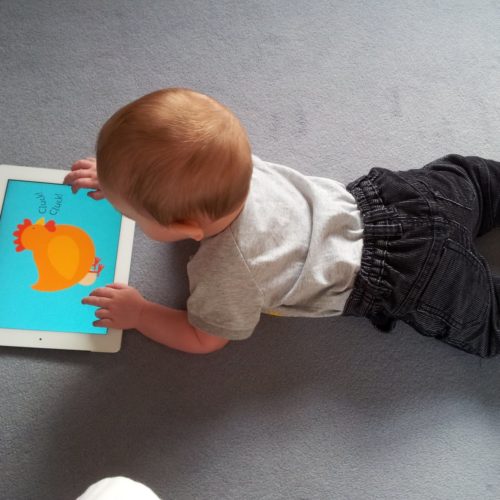By the age of 3-4 years children understand the meaning of stealing something physical. It will still take about two years to understand the concept of stealing an idea. Five or six-year old children who are learning to write are not bothered by someone their age who copies on a sheet of paper the letters...
Categoria: <span>opinions</span>
JUDGING DISTANCES
Adults usually do not have any particular difficulty crossing a road with a lot of traffic. However, only after the age of 14 years do youngsters judge the distance between a car that has just passed and an on-coming car as adults do. Before this age, the speed at which the various vehicles travel and...
GETTING UP EARLY
The difficulty adolescents have in getting up early in the morning appears to be due to a particular stage of their biological clock rather that to laziness or rebellion. As the light of day diminishes towards evening our body frees melatonin, a hormone that induces sleep. In youngsters this hormone enters blood circulation about two...
RECOGNIZING A FACE
Every day we discover new ways our genes help us develop social bonds. We knew that the shape of our face was influenced by our genes. We all have facial features our parents have and it may be impossible to distinguish between identical twins. What has recently been discovered is that some parts of the...
INCOMPETENT CHILDREN
Children have a particularly long infancy during which they are incapable of looking after themselves. What is the purpose of being so inept for such a long period? For all animal species the longer infancy lasts and the greater is intelligence and learning ability. Innate behavior models work for animals that are born in specific...
INFANTS AND MATHS
What goes on in an infant’s brain? Thirty years ago, psychologists would unanimously have said newborns are egocentric, illogical and irrational. Today we know that they are miniature scientists. Research shows that at a subconscious level they perform statistical analyses to form hypotheses about how the world works. Increasing or diminishing the probabilities related to...
WHAT WE LEARN BEFORE WE ARE BORN
We learn quite a few things before being born. The fetus learns the sound of its mother’s voice and, once born, prefers that voice over any other. Give a newborn two dummies and then make it listen to its mother’s voice through headphones while sucking the first dummy and to a female stranger’s voice while...
MUM KNOWS EVERYTHING
Your four-year old runs into the kitchen with his hands over his eyes to ‘steal’ a biscuit. He believes his parents can’t see him since he doesn’t see them. Give a child of four a box of sweets that once open is actually full of crayons. Now ask the child what his/her mother, who is...
HYGIENE AND ALLERGY
In advanced countries the incidence of allergy is twice that of less developed countries. Various studies suggest that in the attempt to make the places where we live clean, we interfere with the optimal development of the immune system. Exposure to certain germs in our first years of life would actually be useful for the...
A study has shown that children who watch TV together with their parents understand what they see much more than when their parents are in another room.










